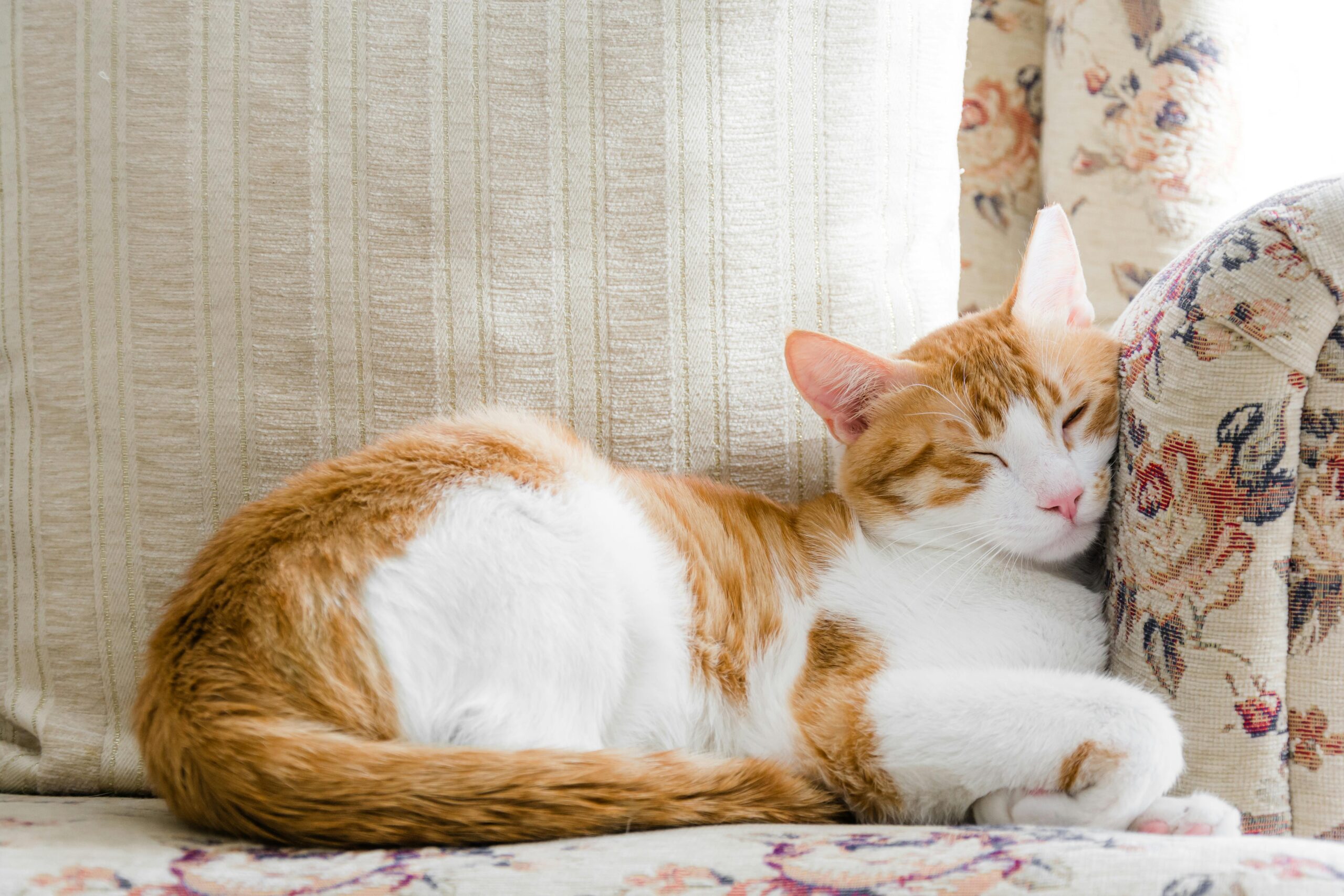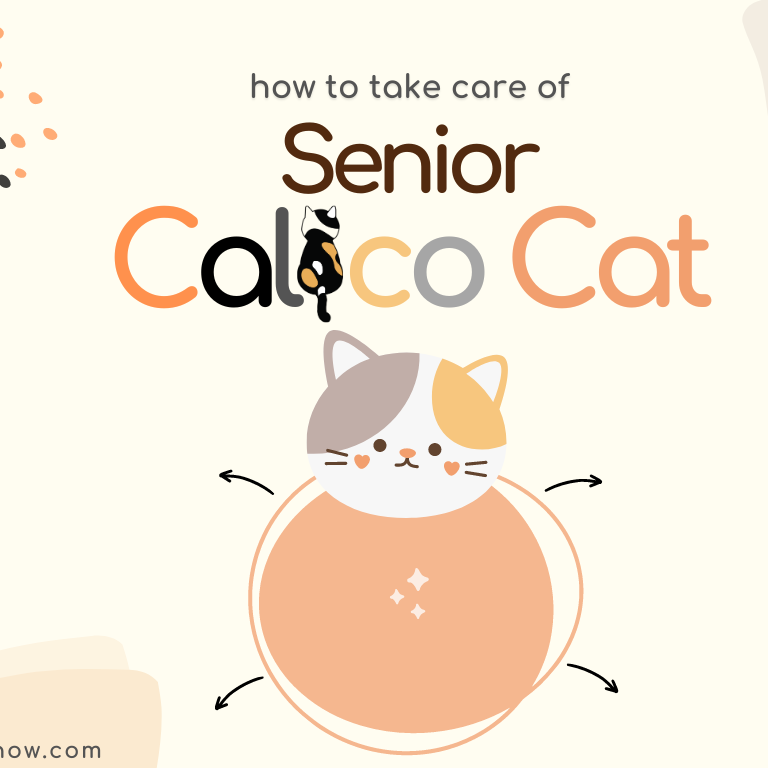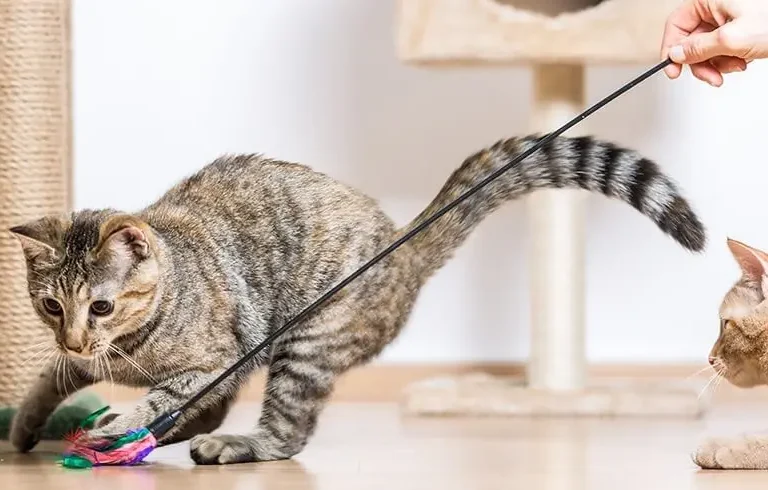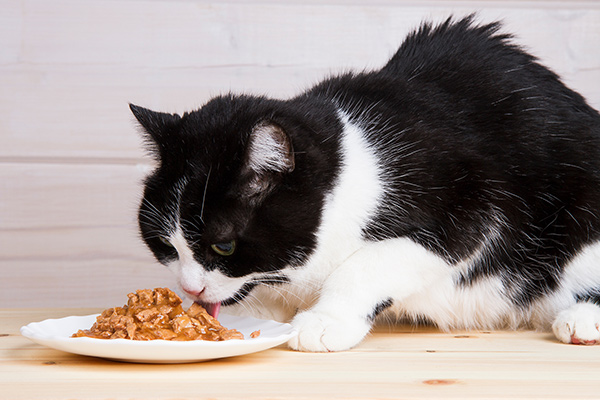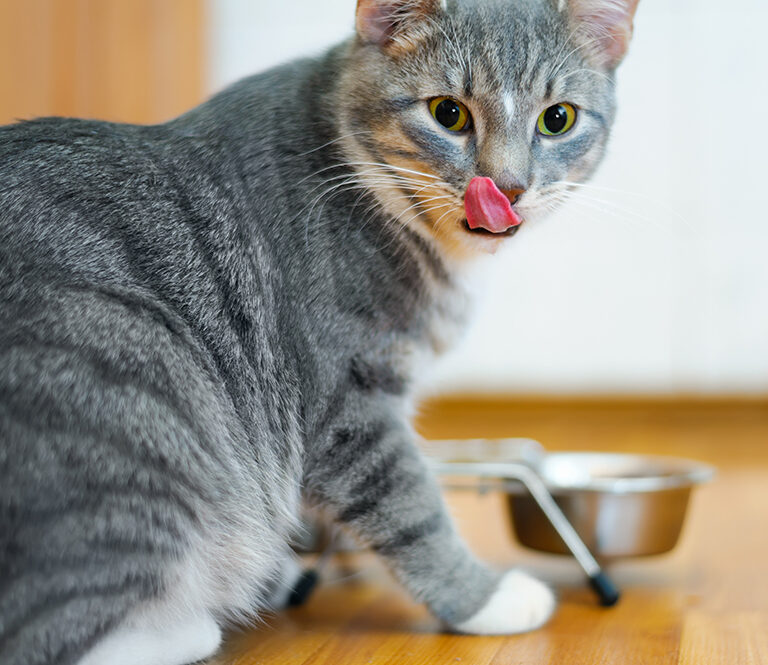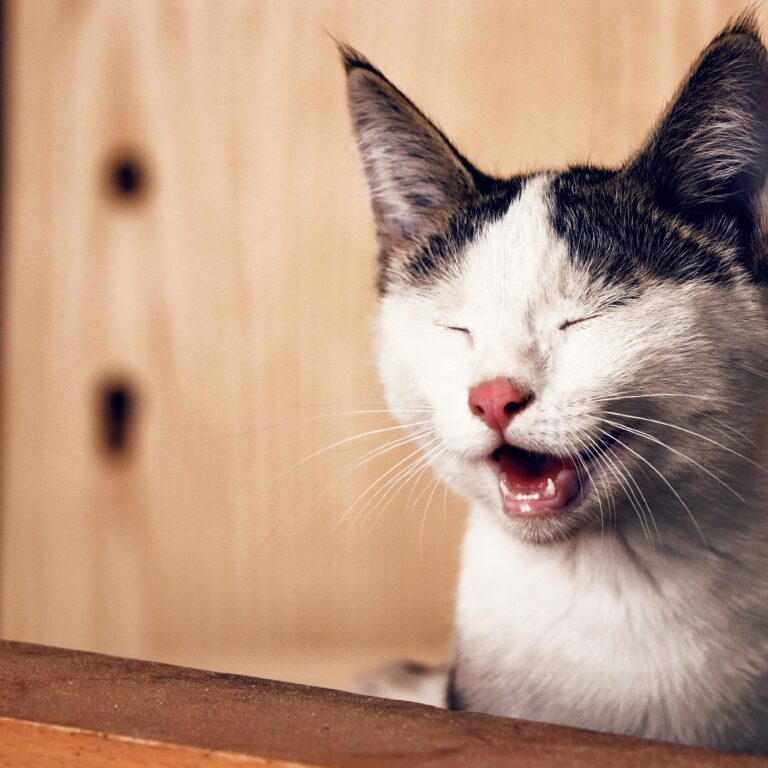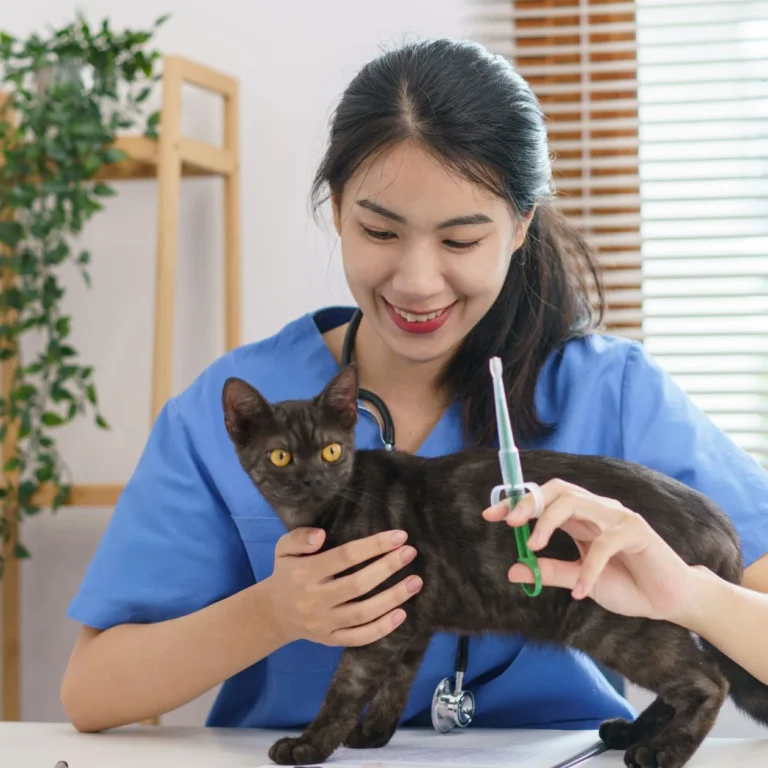My Cat Sleeps Constantly, When should I worry?
Have you ever asked the common question, Why does My Cat Sleeps Constantly? If you’ve ever wondered why your cat seems to spend most of the day snoozing, you’re not alone. Unlike dogs, who might act as vigilant watchdogs, cats are notorious for their long sleeping hours. While this behavior may seem lazy or unusual, it’s quite normal and rooted in their instincts.
Cats Are Crepuscular Creatures
First, it’s important to understand that cats are crepuscular, meaning they are most active during dawn and dusk. In the wild, these times are optimal for hunting, as their prey is also more active. Domestic cats have retained this instinct, which is why your cute cat might be more playful in the early morning or late evening while spending the rest of the day catching up on sleep.
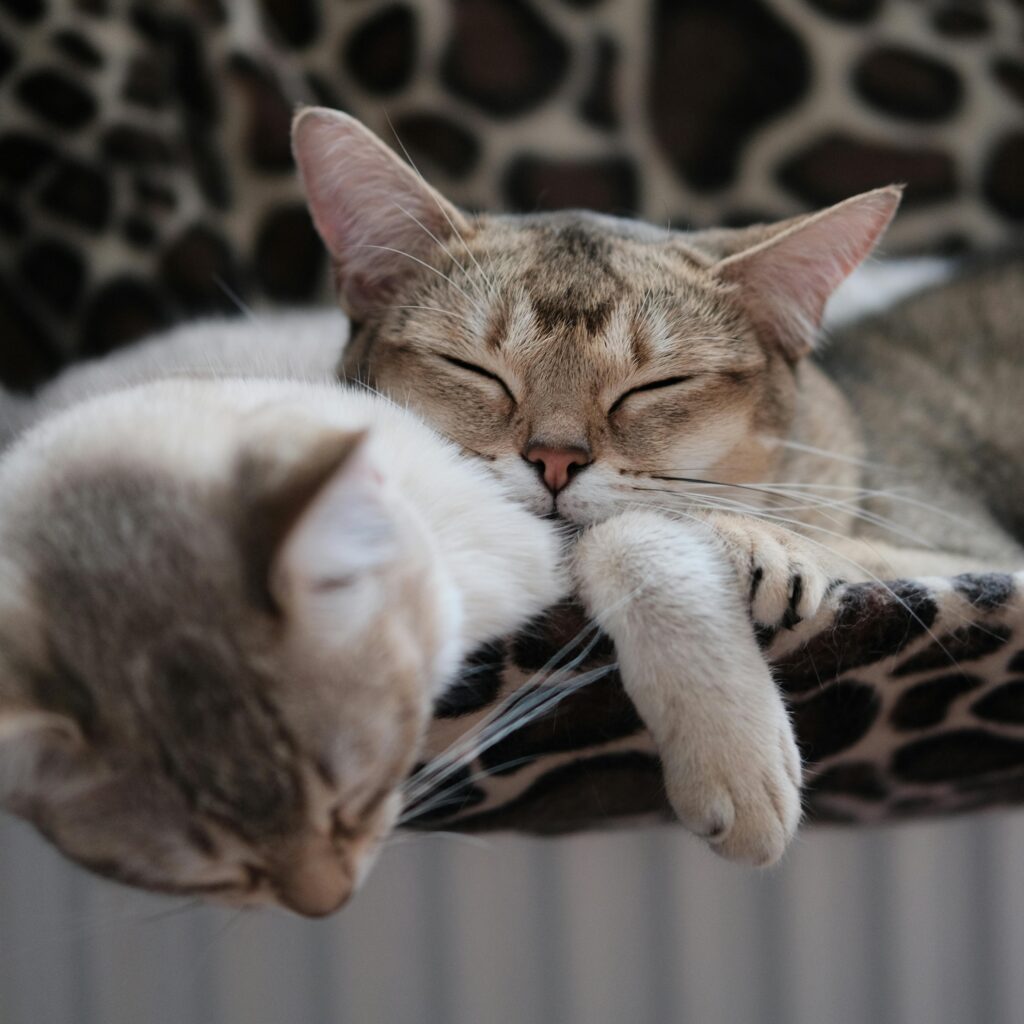
Energy Conservation
A major reason why your cat sleeps so much is energy conservation. Even though your pet might not need to hunt for food, their body is still wired for it. Sleeping allows them to conserve energy for these bursts of activity, even if their daily exercise is chasing a toy or pouncing on a playful cat friend.
Age and Sleep Patterns
The amount of sleep your cat needs can vary depending on their age. Kittens and older cats tend to sleep more than adult cats. Kittens need plenty of rest to support their rapid growth, while older cats might tire more easily and require more downtime. If you have a lazy cat that’s always napping, age could be a factor.
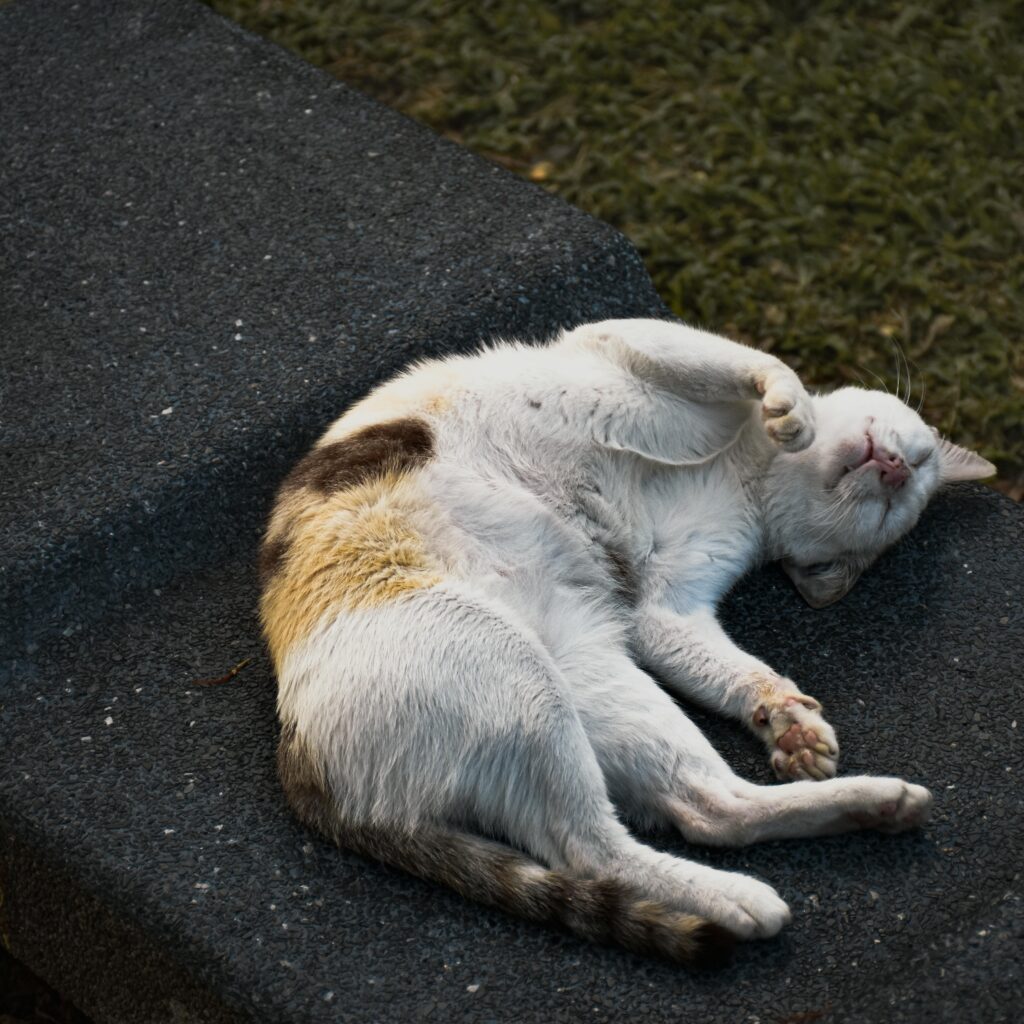
Health Considerations
While it’s normal for cats to sleep up to 16 hours a day, excessive sleeping or changes in sleep patterns can sometimes indicate health issues. If your normally active cat suddenly becomes a lazy cat, it might be time for a vet check-up. Conditions like obesity (those “fatty paws” might be a sign) or underlying illnesses can cause increased sleepiness.
Boredom and Environment
Your cat’s environment plays a significant role in their sleep habits. A pet-friendly environment that lacks stimulation might lead your cat to sleep out of boredom. Introducing new toys, scratching posts, or even a barking dog (if your cat is social) can provide the mental and physical stimulation your cat needs to stay active.
The Role of Diet
The diet also influences your cat’s energy levels. Feeding your cat high-quality food in appropriate portions can help maintain a healthy weight and energy level. Overfeeding can lead to a lazy cat with “fatty paws” that prefers napping overplaying.
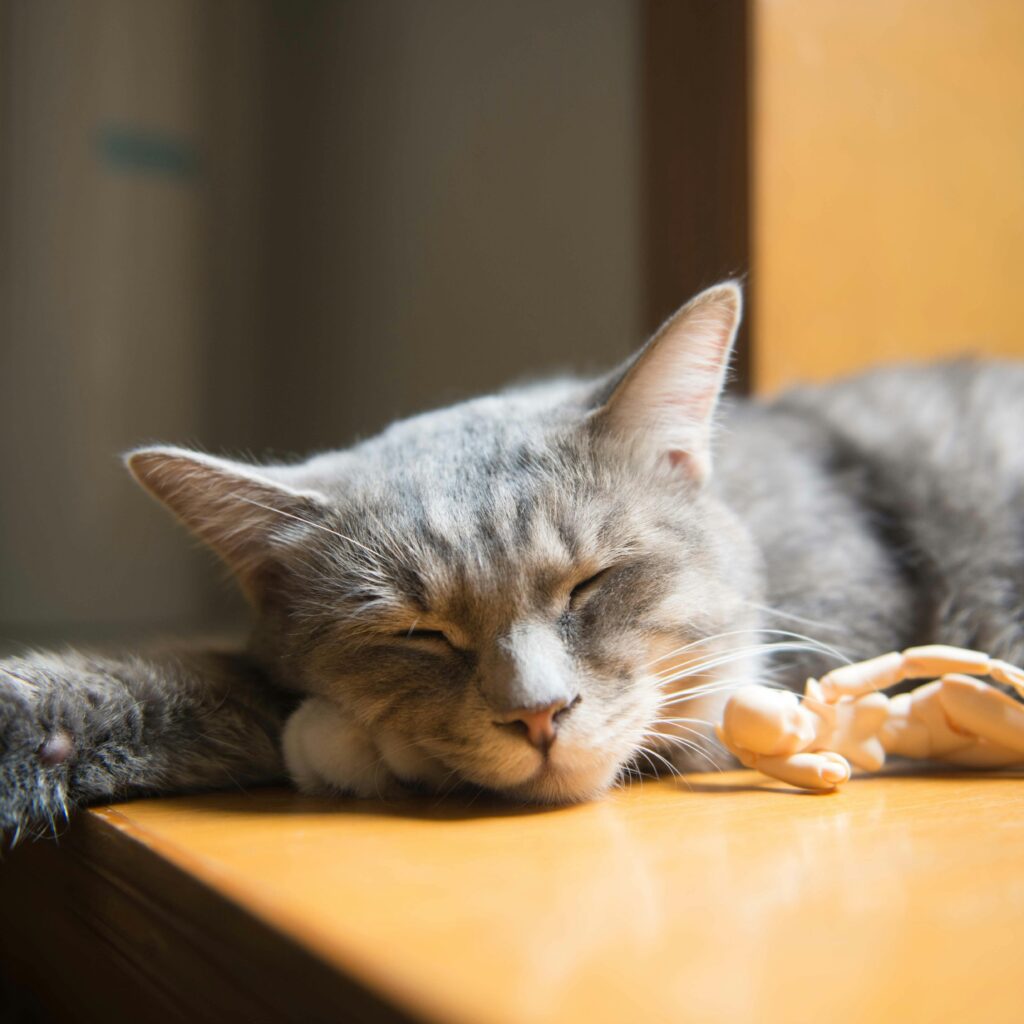
Conclusion
It’s normal for cats to sleep a lot, and understanding the reasons behind their snooze patterns can help you ensure they’re happy and healthy. Whether it’s conserving energy for those early morning play sessions or simply a sign of content and relaxed pet, your cat’s sleep is essential to their well-being.
It’s normal for cats to sleep a lot, and understanding the reasons behind their snooze patterns can help you ensure they’re happy and healthy. Whether it’s conserving energy, however, if you notice drastic changes in your cat’s sleep habits, it’s important to consider factors like age, health, and environment. A healthy, active cat might need a little more stimulation, while an older cat could just be enjoying the perks of a long and restful life. In any case, your cute cat with those fatty paws is likely just following their instincts, so let them enjoy their naps—they’ve earned them!

